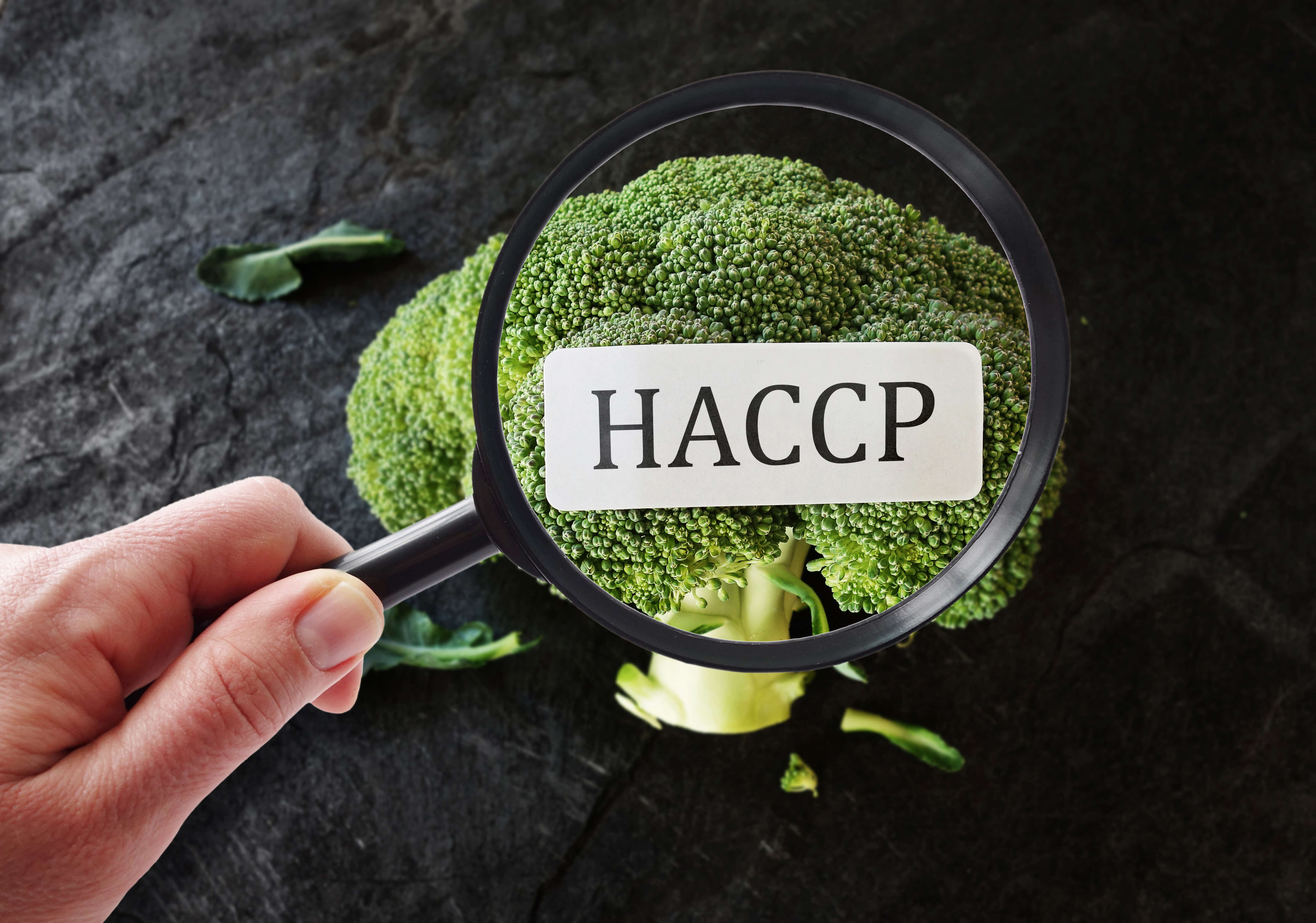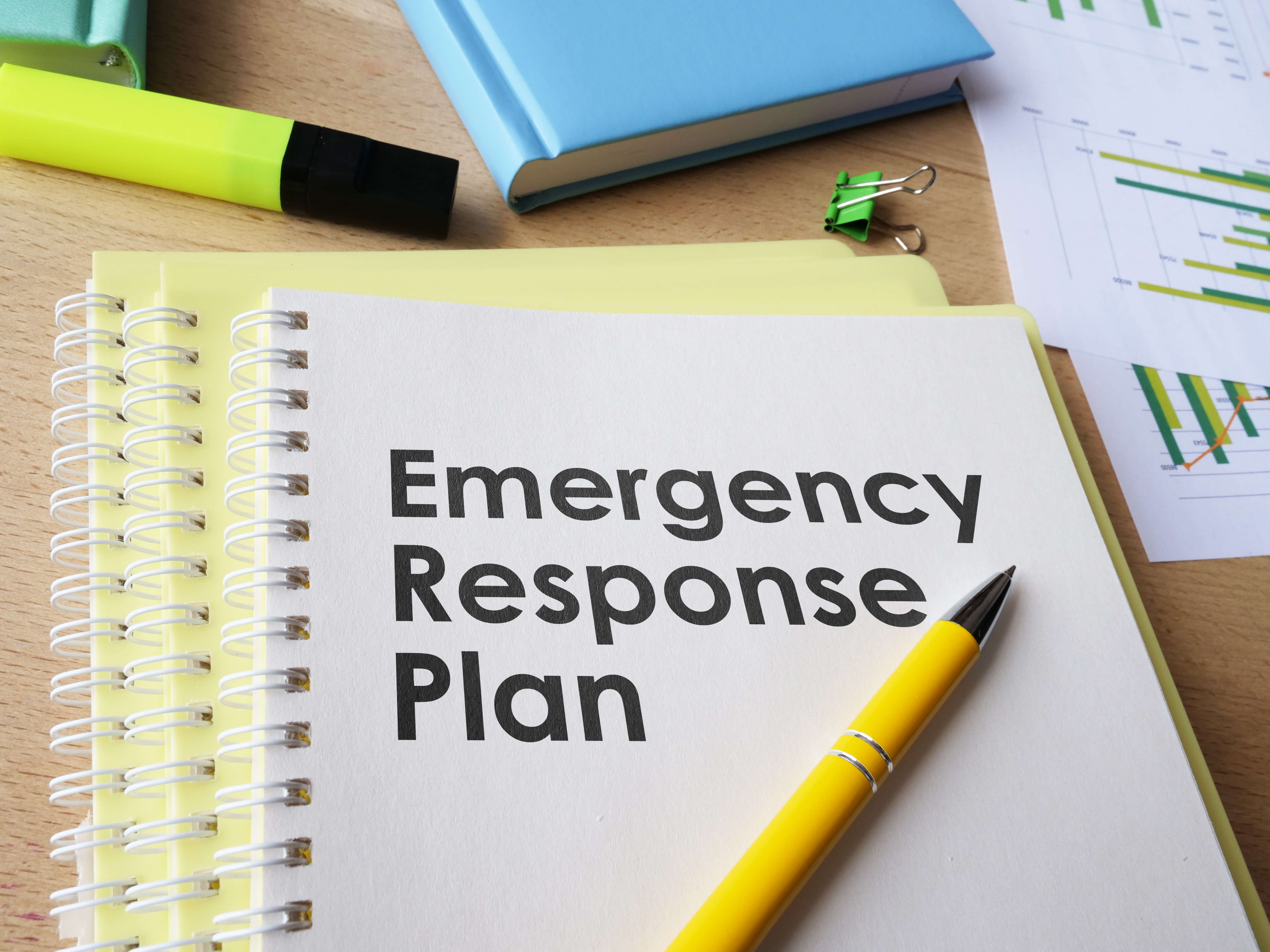The work kettle burnt your hand. The air conditioning is broken. Your desk chair sometimes lowers without warning. Every workplace has hazards, but some have more immediate and severe risks than others.
The world’s most dangerous job is a very subjective subject. To one person, a swing door might be the pinnacle of danger. But, to an employee working at height, it’s more likely to be the 50ft drop.
Let’s quantify this…
A scaffolder in the UK working at height, doing their day to day role, is a reasonably safe occupation—to them. They’re (usually) well trained, highly experienced and very well supervised. They have set working practices (the SG series) that are well documented. They’re provided with high quality personal protective equipment, including full body harnesses. They see their day to day role as pretty low risk.
To me, as a health and safety professional, working at height is, and will always be, a high risk activity – who is right and who is wrong? In essence we are both right and both wrong. It all comes down to how the individual sees danger and perceives the risks posed to them.
The same could be said for some of the most dangerous jobs in the world.
Whilst researching and scribing this article it was clear there is no set top 10.
Many of these lists cross over and include snippets of each other but no two appear to be the same. The below are my personal thoughts, for some even the journey to work can be a serious challenge:
My top 10
After some consideration, I decided on the below. These top 10 are what I consider to be the most dangerous occupations in the world, and why:
1. Aircraft Pilots and Crew – There’s no hard shoulder to pull in to if the warning lights come on at 33000ft. And, when flying over water, land can be hours away. Couple this with today’s more sinister threat from acts of terrorism, and the risks to commercial pilots and crew are high.
2. Prostitution – Many will think this is an odd one to feature on this list. However, the risks posed include physical harm ranging from being beaten through to being murdered. Plus, the added risk of contracting some nasty transmitted diseases places this occupation squarely on the list. Prostitution is not only one of the oldest professions in the world, but continually referred to as one of the world’s most dangerous.
3. Oil / Gas Rig Worker – Commercial rig workers face numerous risks caused by the equipment they operate. But, there’s also the constant threat of explosion, severe weather conditions and environment they work in.
4. The Military – Our forces work in some of the world’s most austere environments, often facing very capable and well-trained adversaries. Even their training can be hazardous. Soldiers often joke that incoming fire has right of way and tracer rounds work both ways but war has always been a very dangerous business.
5. Alaskan Crab Fisherman – Working in the cold is uncomfortable, but in heavy seas and with heavy equipment the risk starts to mount. Being in the wrong place at the wrong time, a sudden equipment movement, or equipment failure can all mean the worst. There have been many instances where one minute the person is there and the next they’re swept away never to be found.
6. Commercial Divers and Underwater Welders – Facing the icy cold of the deep is an extremely hazardous operating environment. Long periods spent at depth, the potential of the bends and the potential for drowning are all well-known and well documented risks. Divers face these extreme conditions in underwater trades every day.
7. Emergency Services (Police, Fire and Ambulance) – The emergency services across the globe put themselves in harm’s way on a daily basis. Whether they’re going into burning buildings to save others or dealing with armed assailants on a drugs raid, they have to feature high on my top 10.
8. Logging Worker – The logging industry is statistically one of the most dangerous jobs in the world. Equipment failures and trees moving in unexpected ways are often the cause of serious accidents and death. The occupation is constantly featured on most—if not all—lists researched and often within the top 3. In the USA, logging is consistently produces the highest fatality statistics.
9. Miners – Few jobs destroy a person’s health across the globe like mining. Miners face many health issues including lung disease (black lung). And, there is always the risk of cave-ins, flooding and explosions
10. Drivers (including couriers) – Occupational road risk is one of highest causes of fatalities on a global basis (circa 40%* of all deaths at work). Standards of vehicles and training vary greatly across the globe, as do the risks. Drivers often have to deal with fatigue, the poor driving of others, road quality and conditions, as well as the more extreme risks such as hijacking.
Jobs that weren’t included
Many other high risk jobs could’ve been featured on my top 10. Occupations such as mountain rescue and guides, utility and power workers, farmers and ranchers, astronauts, armed and unarmed bodyguards, search and rescue teams, refuse workers and street cleaners, landmine clearance, snake milker, and high level steel erecters etc.
All of those jobs pose significant and unique risks—as do all workplaces. Therefore, it’s vital to take a practical approach to health & safety, and seek guidance when faced with uncertain risks. I am sure many will see their list different from mine, just like risk. But, regardless of your view on the risk, our commitment to the health & safety of workers should be the same.
Expert support
If you’ve got a health & safety issue and feel you need support, speak to a Croner expert today on 01455 858 132.
Related resources
Categories
- Business Advice
- Contracts & Documentation
- Culture & Performance
- Disciplinary & Grievances
- Dismissals & Conduct
- Employee Conduct
- Employment Law
- End of Contract
- Equality & Discrimination
- Health & Safety
- Hiring & Managing
- Leave & Absence
- Managing Health & Safety
- Moving
- Occupational Health
- Pay & Benefits
- Recruitment
- Risk & Welfare



